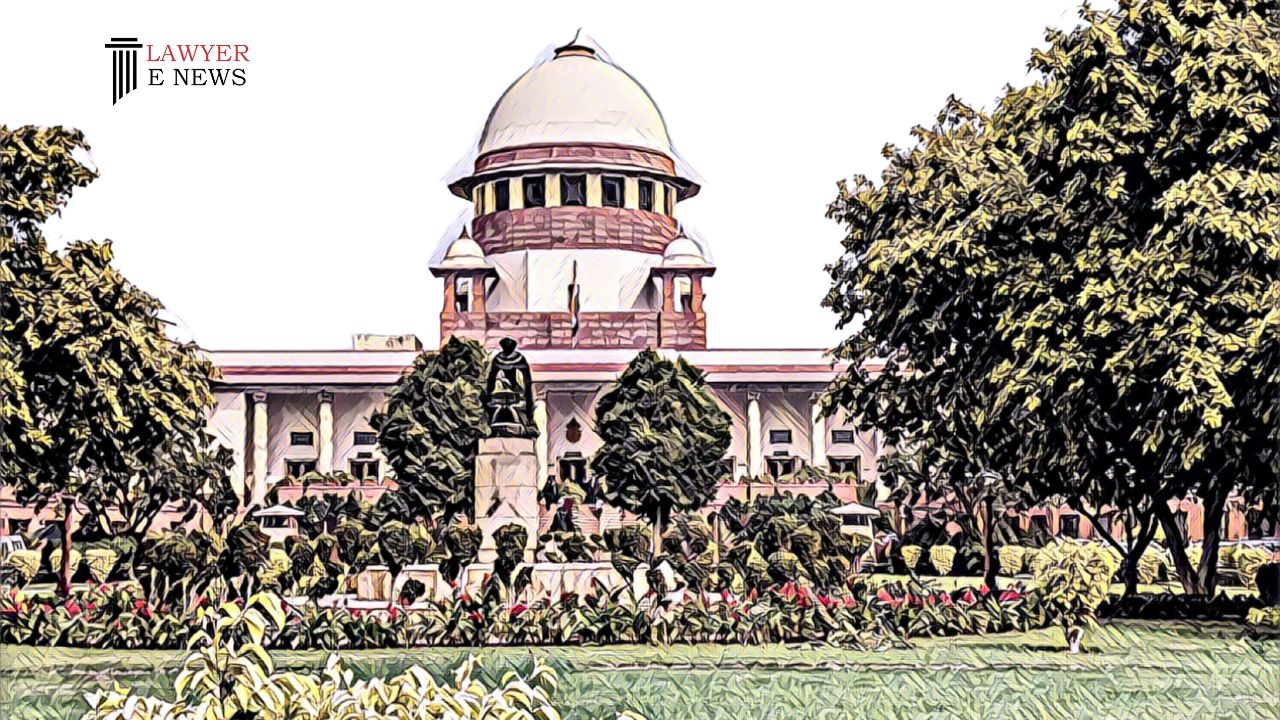-
by Admin
16 February 2026 1:47 PM



In a significant judgment, the Supreme Court of India today overturned the High Court's decision in a decades-long property dispute, emphasizing the critical role of limitation laws in civil disputes.
Legal Point of the Judgment: The apex court's decision hinged on the interpretation of limitation laws, particularly focusing on the time frame within which a party must initiate legal action to claim their rights to a property.
Background and Facts of the Case: The case, Gopalakrishnan & Anr. v. Vasantha & Ors., originated from a property settlement deed executed in 1947. Over the years, multiple legal transactions and settlements concerning the property led to a complex web of claims and counterclaims, culminating in a suit filed by Gopalakrishnan in 1993. The core of the dispute revolved around the interpretation of these deeds and the rights they conferred upon various parties over time.
Issue of Limitation: The Supreme Court noted that the suit, filed in 1993, was barred by limitation. Under the Limitation Act, a reversioner must file a suit for possession within 12 years from the death of the limited heir. In this case, since the suit was filed before the death of the life estate holder (in 2004), it failed to meet the necessary timeline.
Maintainability of Suit for Declaration Simpliciter: The Court found that the suit filed by Gopalakrishnan was not maintainable as per Section 34 of the Specific Relief Act, 1963. This was because the plaintiff, not being in possession of the property, should have sought the relief of recovery of possession along with the declaration of title.
Decision of the Court: The Supreme Court set aside the High Court's judgment and restored the findings of the Trial Court and the First Appellate Court, which had dismissed Gopalakrishnan's suit on the grounds of limitation. The Court underscored the importance of adhering to the statutory limitation periods to prevent the litigation of stale claims.
Date of Decision: February 13, 2024.
Gopalakrishnan & Anr. v. Vasantha & Ors.
